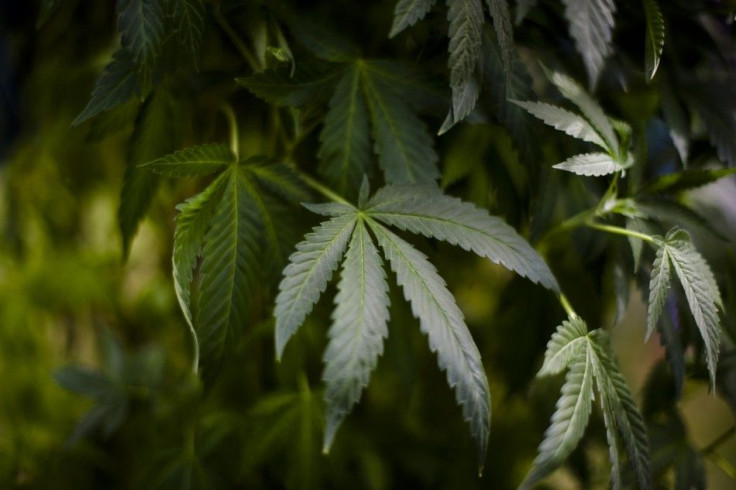Ron Paul: An End to Marijuana Prohibition – 5 Myths and Facts about the Substance

Republican Congressman and presidential frontrunner, Ron Paul, along with former chairman of the House Financial Services Committee - Barney Frank, has previously campaigned for a bill to end marijuana prohibition. According to an interview given to CNBC in June, 2011, he said he was looking forward to wresting control of the act of substance regulation from the federal government and handing it to the states, much like with alcohol.
The Congressman said he believed that legalizing marijuana could provide a boost for people suffering from cancer and those undergoing chemotherapy. He went on to suggest that the legal war against marijuana had caused too much trouble and achieved little significant success. Indeed, he pointed out that the problems it actually caused were miniscule, compared to alcohol.
In light of Paul's comments and ambitions, here are a few myths and facts about marijuana...
Harmful to Health: There are long-standing medical concerns that indicate the smoking of marijuana, or cannabis, is detrimental to one's health. However, a study in the British medical journal, The Lancet, said: the smoking of cannabis, even long term, is not harmful to health. In reality, there is no actual scientific evidence that says marijuana is harmful.
Lung Problems: According to popular myth, smoking marijuana damages the lungs more severely than cigarettes. The truth, however, is that people smoking the former usually inhale fewer quantities of the substance (marijuana vs. tobacco) and therefore reduce extent of exposure. Additionally, consumers of marijuana do not inhale the number of dangerous additives that are packed into a cigarette. Finally, there are reports that suggest marijuana smoke doesn't actually affect the bronchial tubes the same way a cigarette does and, consequently, the chances of contracting emphysema are reduced, even if consumed in large quantities.
Loss of Memory: The general perception is that the use of marijuana leads to heavy memory loss and, sometimes, a negative effect on the efficiency of the intelligence and logic cores of the brain. The truth, however, is that marijuana only affects short-term memory, when the individual is intoxicated. There is no scientific study that indicates this could be a long-term problem.
Addiction: Contrary to popular belief that marijuana is highly addictive, only a very small proportion of users develop a dependence on the substance. In reality, less than one percent of Americans consume the substance once every day and do not display symptoms of physical dependence.
Increased Crime Rate: A popular belief is that the use of marijuana promotes criminal activities. In reality, though, research does suggest marijuana users are less likely to commit crimes... because of its soporific and aggression-reducing effect. The point is that since most nations have outlawed marijuana, most users have been tagged as criminal simply for the possession of the substance.
The myths surrounding the use of marijuana and its perceived dangers stem, to some extent, from propaganda spread in the 1960s and 70s.
More specifically, in 1969, Dr. Stanley Yolles, the former Director of the National Institute of Mental Health, estimated that 8 to 12 million people in the U.S. smoked marijuana. He called for the abolishing of the mandatory minimum sentencing for drug-related offences; Congress took his advice and passed the Controlled Substances Act, which eliminated mandatory minimums and reduced penalties for possession of marijuana.
However, the U.S. President at the time, Richard Nixon, seemed intent on an anti-drug crusade and enlisted the support of celebrities and the media to spread his message.
He also funded a new study to identify the dangers of marijuana.
Unfortunately for him, the study suggested that neither was marijuana a directo contributor to criminal activity but existing laws were selectively enforced and law enforcement agencies targeted people with a certain look.
In 1972, the National Commission on Marijuana and Drug Abuse released a report which was claimed as the most comprehensive study ever. The commission stated, as part of its findings, that the smoking of the substance, in the confines of one's own home, ought not to be criminalized. Nixon reportedly threw the study in the trash, without ever reading it.
Soon after, all of the government's existing drug-policing agencies were combined into one driven organization - the Drug Enforcement Agency (DEA) - which was given a degree of unprecedented authority and power.
© Copyright IBTimes 2025. All rights reserved.





















